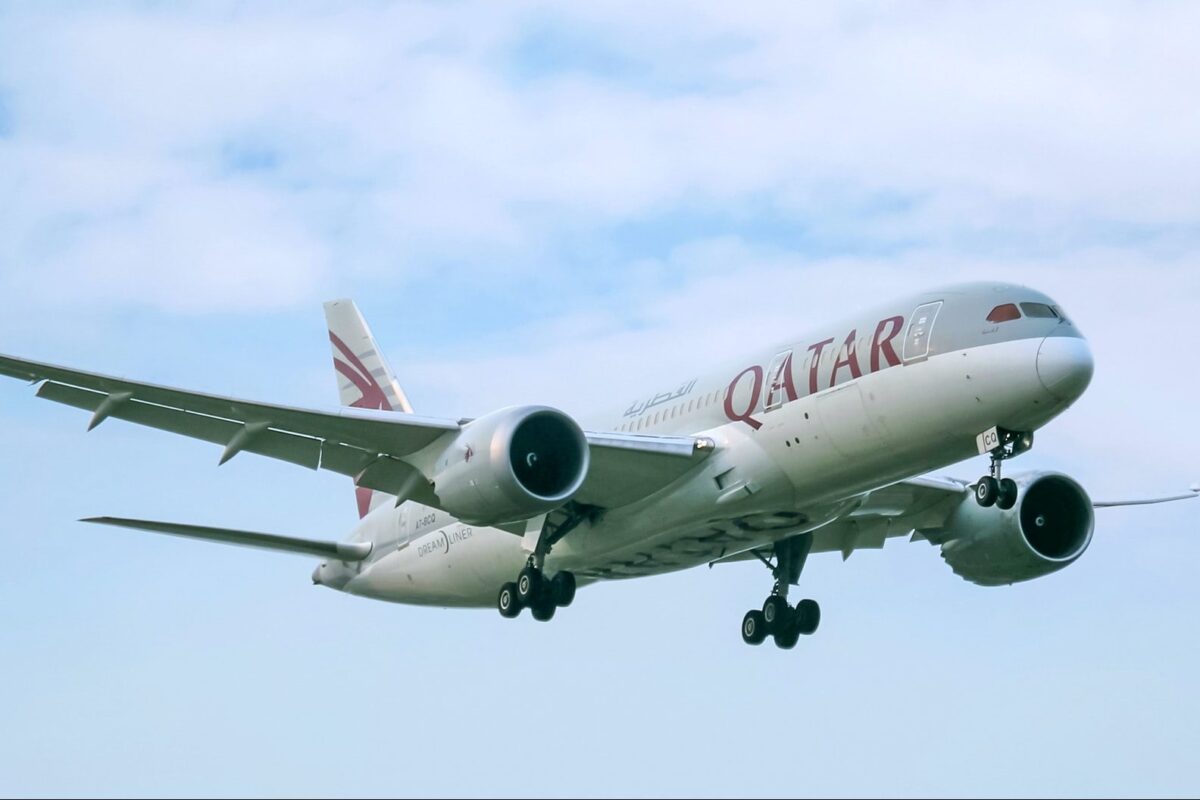Hilton Goes Local, FTC Bans Junk Fees and Asia-Pacific Takes Flight


Skift Daily Briefing Podcast
Listen to the day’s top travel stories in under four minutes every weekday.Good morning from Skift. It’s Wednesday, December 18, 2024. Here's what you need to know about the business of travel today.
Listen Now
🎧 Subscribe
Apple Podcasts | Spotify | Youtube | RSS
Episode Notes
Hilton is adopting a tailored regional approach to attract luxury hotel owners organically instead of acquiring portfolios, writes Senior Hospitality Editor Sean O’Neill.
O’Neill notes that Hilton uses a hub-and-spoke model for emerging markets, typically entering with a flagship brand first. The company is looking to leverage long-standing owner relationships to expand its luxury estate in the Asia-Pacific region, where it plans to quadruple its current portfolio.
While O’Neill notes Hilton’s regional competitors have a stronger Asian foothold, Hilton sees room to grow as it’s positioning itself as a fresh partner to help avoid saturation.
Next, the Federal Trade Commission unveiled on Tuesday a rule banning so-called junk fees, a measure that heavily targets travel companies such hotels, short-term rental companies, and online travel agencies, reports Associate Editor Rashaad Jorden.
The FTC issued the final rule more than two years after it said it was exploring a measure to clamp down on junk fees. The final rule does not prohibit any specific pricing strategies. However, businesses will be required to disclose total costs up-front.
The final rule will become effective 120 days after being published in the Federal Register. But the incoming Congress could invalidate the rule through the Congressional Review Act.
Finally, new data from aviation analytics firm OAG has revealed key trends in the airline industry, including the world’s most frequently flown routes in 2024, writes Airlines Editor Gordon Smith.
Smith notes seven out of the world’s 10 busiest international routes for 2024 were in the Asia-Pacific region. The Hong Kong to Taipei route took the top spot this year, after having been third in 2023. The Asia-Pacific region was also home to nine of the world’s 10 busiest domestic routes this year, with Jeju to Seoul Gimpo in Korea coming out on top.





